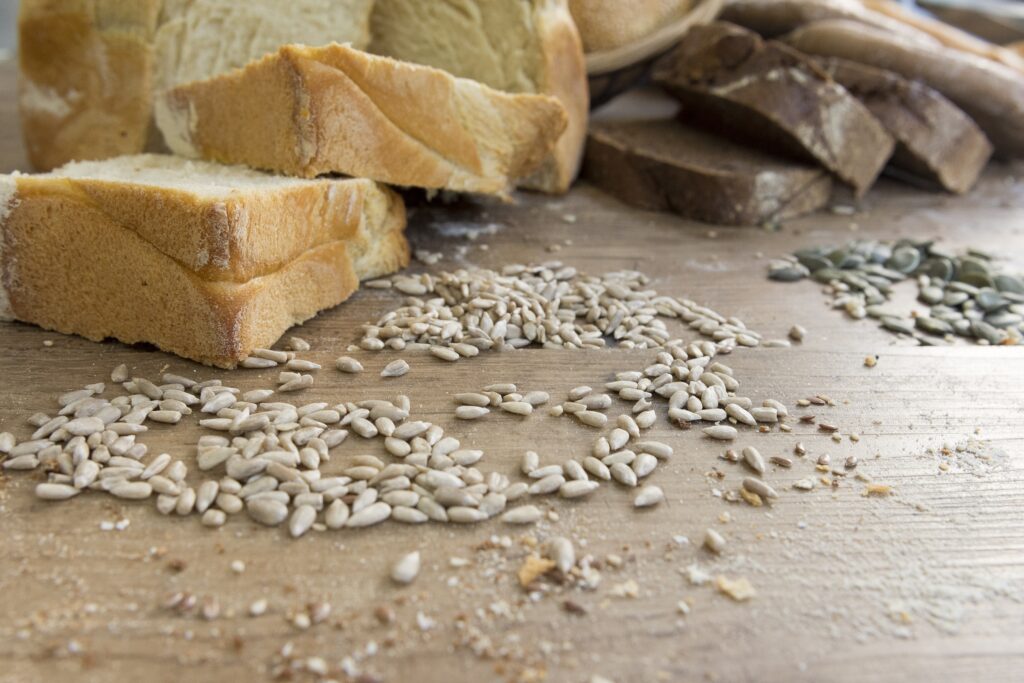They are often called “minor” grains simply because they are less used and widespread than wheat and maize. But, in their ability to provide energy, nutrients and beneficial substances for the body, they are anything but “minor”. With amino acids, vitamins, minerals, fibre, each has its own strength, and, by alternating between them, you will get a more varied and healthy diet. We, at I Genuini, know it well. For our products, we use flours made from several of these so-called “minor” cereals, needless to say all organic.
Nutritional properties and great flavours to be discovered
A few examples? Einkorn wheat, one of the very first cereals known to and cultivated by man. It gives life to a flour rich in fibre, proteins and group B vitamins, and contains an essential amino acid that other cereals lack, methionine. And the taste? You just have to try it!
Buckwheat, in reality, isn’t a cereal, but shares all its nutritional properties, with a few extras. It’s rich in healthy starch, amino acids, minerals, such as iron, phosphorus, copper, selenium, zinc and potassium, as well as group B vitamins.
Khorasan wheat is far more digestible than common wheat and packs plenty of healthy energy and nutrients, including selenium, magnesium, zinc, vitamin E, fatty acids and amino acids not found in other cereals. We use it whole, to retain all of its amazing properties.
Rye is an excellent source of antioxidant vitamins and minerals, beneficial for bone health, metabolism and anaemia, in addition to tons of fibre and protein.
But it doesn’t stop there either. For bread, cakes and other products, we also use barley and rice flours, alone or combined with whole and soft wheat.
Health, taste and biodiversity
Variety is definitely the magic word. But it’s not just a question of healthy eating, there’s also the question of biodiversity and the environment. Diversifying crops and increasing the amount of land dedicated to organic farming will also help agriculture better adapt to climate change, as European Union research and various projects continue to suggest. In short, these cereals won’t be called “minor” for much longer. Meanwhile, why not just enjoy all the fantastic peculiarities of our hand-crafted products?
